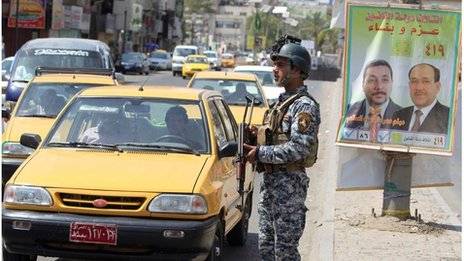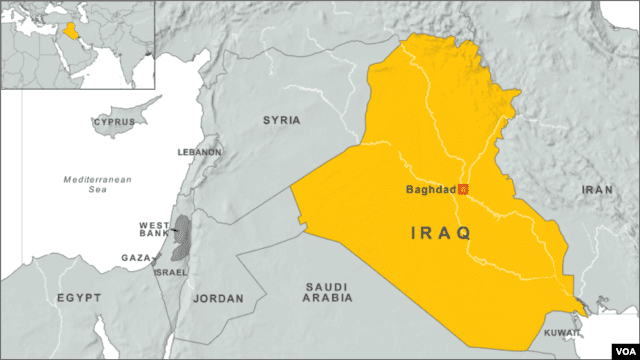Photonic
Ad astra!
PA Mufti: Muslims' destiny is to kill Jews - PMW Bulletins
Genocide is no way to get your land back, no matter how badly you feel about it being taken from you.
Genocide is no way to get your land back, no matter how badly you feel about it being taken from you.



